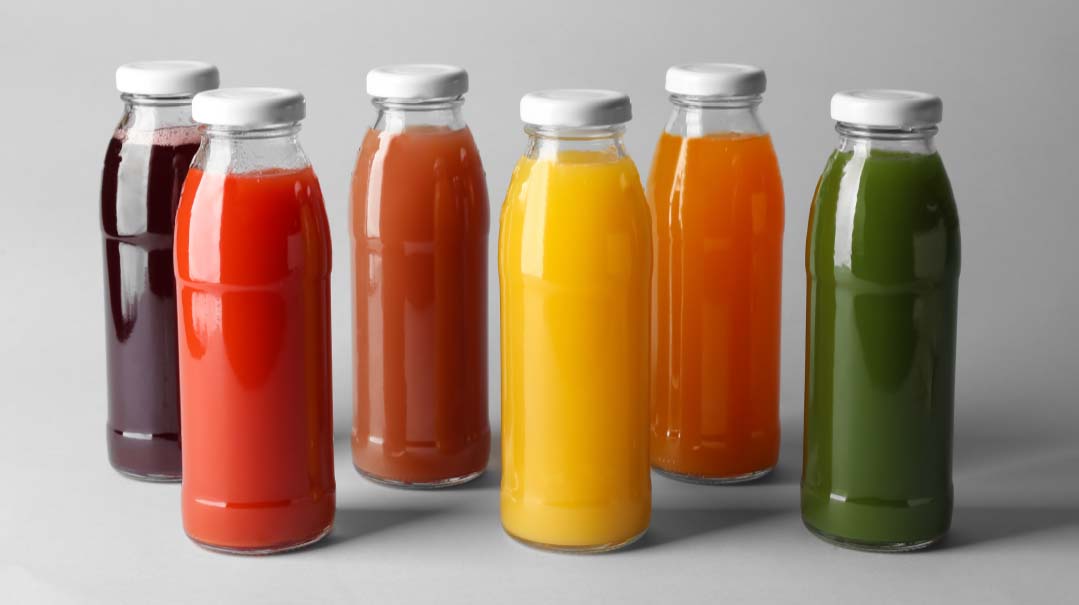Hope So
| October 19, 2021And hey,” she shrugs, slaps the mirror closed, “it doesn’t hurt to hope, right?”

Ninety percent of startups fail.
Lani, blissfully ensconced in her bubble of enthusiasm, is clearly oblivious to that.
“Sales should reach 300k, easy, by the year’s end.” She beams at me from the passenger seat. “I think I might need to hire soon.”
I exit the FDR, keeping my face neutral. “That’s a very optimistic projection.”
Her eyebrows dance. “It’s going great so far. Two months in, I sold seven hundred bottles. How awesome is that?”
I smile. “Very very.” It is. She is, my daughter the entrepreneur. Her success as a nutritionist, her ambition, her new line of herbal drinks. It’s all awesome.
Her confidence in this venture… less so.
Lani flips her visor mirror down. “Now it’s just my clients and four supermarkets. But I want to branch out, especially in the commercial market. Have restaurants carry the drinks, gyms, hotels. The potential is endless.”
I brake at a red light and lean my head back. I’m bushed. It had been a hectic shift in the NICU; my babies kept me on my toes. But Lani was in the city today, and my husband Ari won’t be home until nine, so I’d agreed to a mother-daughter trip after work to scout out Flower Power — they’re said to be a treasure trove of herbs.
A cacophony of honks erupts from behind. I jerk upright and step on the gas. “So, you’re going to sell to restaurants?”
“I still need to figure it out. Large-scale production is expensive. I’d really need a loan, but I can’t get approved, that mess with Tzippy shot my credit.” She flips her hair. “In three or four months, I should have enough cash flow, especially after the ‘Gotcha’ campaign — the publicity will shoot sales up.” She grins at her reflection. “LiquidLife is going places, fast.”
I bite my lip.
If all goes as planned. Only she doesn’t seem to grasp the “if” factor.
I slow down cautiously as a truck barrels past us. “Hopefully. Assuming the momentum continues. We can’t be sure of that.”
“Well. Fabulous product, reasonable price, catchy marketing. Plus, I’ve had a firecracker launch. I’d expect it’s just gonna take off from here. And hey,” she shrugs, slaps the mirror closed, “it doesn’t hurt to hope, right?”
I turn sharply, sending us lurching.
Wrong.
It does hurt.
And how.
Oops! We could not locate your form.







